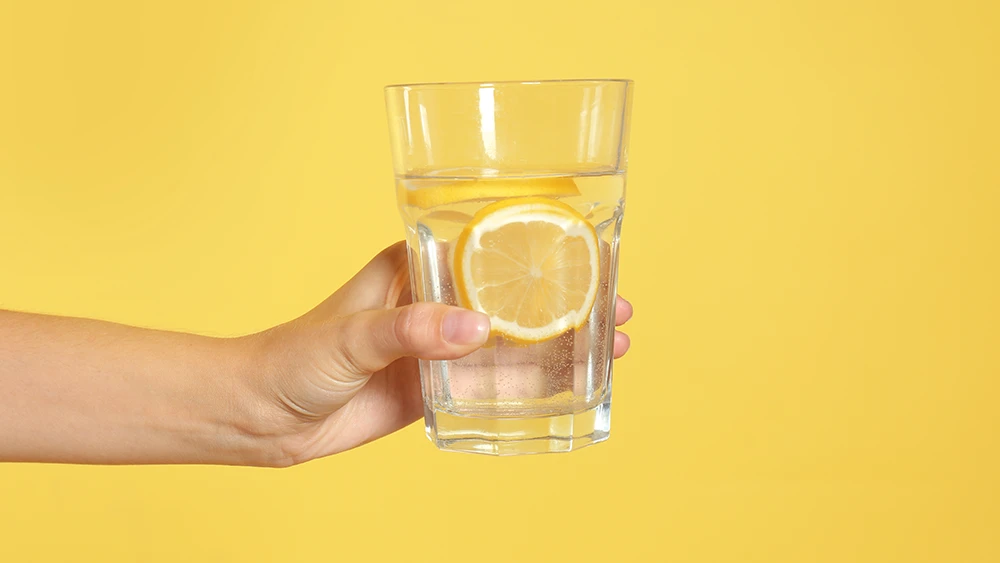So, it is that time of year when you are due your bi-annual dental appointment. You reluctantly make your way to the dental clinic. You patiently take a seat in the waiting room; a friendly nurse comes out to greet you. After being escorted to your treatment room, you get seated in the dental chair, and your dentist politely asks you to open up wide. Lo and behold you are informed that you have yet another cavity! You get handed a mirror, and the cavity is shown to you. Yup, you see it! Before you know it there is a photo of your cavity blown up on the screen in front of you.
Then, the dreaded discussions begin! You start getting asked the same questions you have been asked since you were a child: Are you brushing correctly? How often are you flossing? Have you managed to cut back on your sugar consumption? But wait, I thought I had already addressed these areas, you think to yourself. I invested in that electric toothbrush as you told me to. I am flossing 2-3 times a week, and I save the sugary sweets for only special occasions. How is this still happening?
Could it be that there is a big piece of the puzzle that is being overlooked completely? Well, the answer is YES! There is a piece of the puzzle that is missing, and here is it: Your diet! Your diet has the power to completely prevent dental disease, and this goes way beyond drinking enough ‘milk,’ and cutting down on sugar! Wait what, this makes no sense, I can eat my way to better oral health? Yes, it is true! So, everything I have been told is a lie? Well not quite! In today’s modern society, Brushing, flossing, and cutting back on sugars remain essential components of maintaining good oral health; however, what to eat to ensure healthy teeth and gums is often overlooked!
In fact, if you ask most people what they need to eat or drink to ensure healthy teeth. Most people will say milk because of its calcium.
Dr Weston A. Price, a prominent dentist known for his extensive research on the relationship between nutrition and dental health and overall well-being, conducted department studies and examined the dental health of various populations around the world in the early 20th century. His research highlighted how indigenous populations who consumed traditional diets rich in unprocessed foods tended to have better dental health, little to no tooth decay, and far fewer chronic diseases compared to today’s society.
Price suggested that the shift from traditional diets to more refined and processed foods seen during the Industrial Revolution and the adoption of sugar and white flour in diets has contributed to an increase in dental decay and a decline in health among populations.
Traditional diets often consisted of:
Animal foods
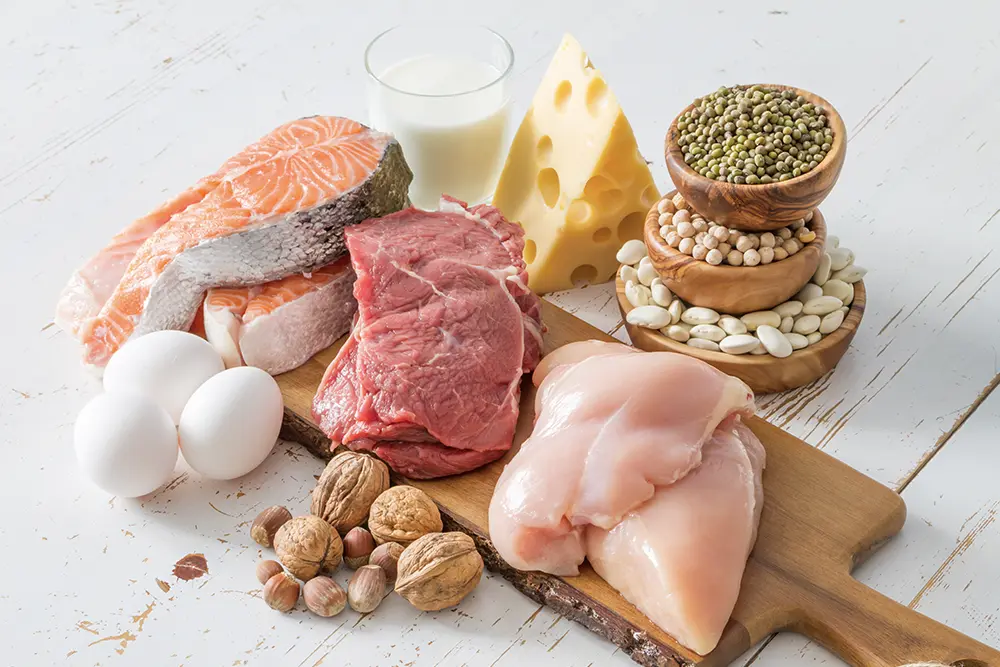
Including fish meat (such as game meat), organ meats, and dairy products such as raw milk, cheese, or fermented dairy.
Plant food
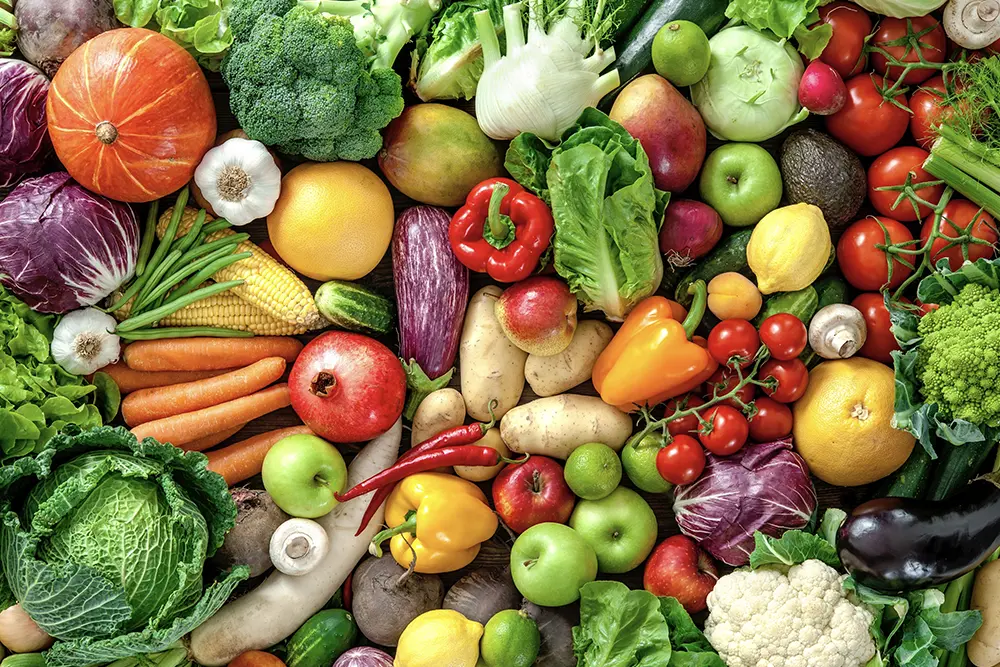
A variety of vegetables, fruits, nuts, seeds, and whole grains that are locally available and in season.
Fermented foods
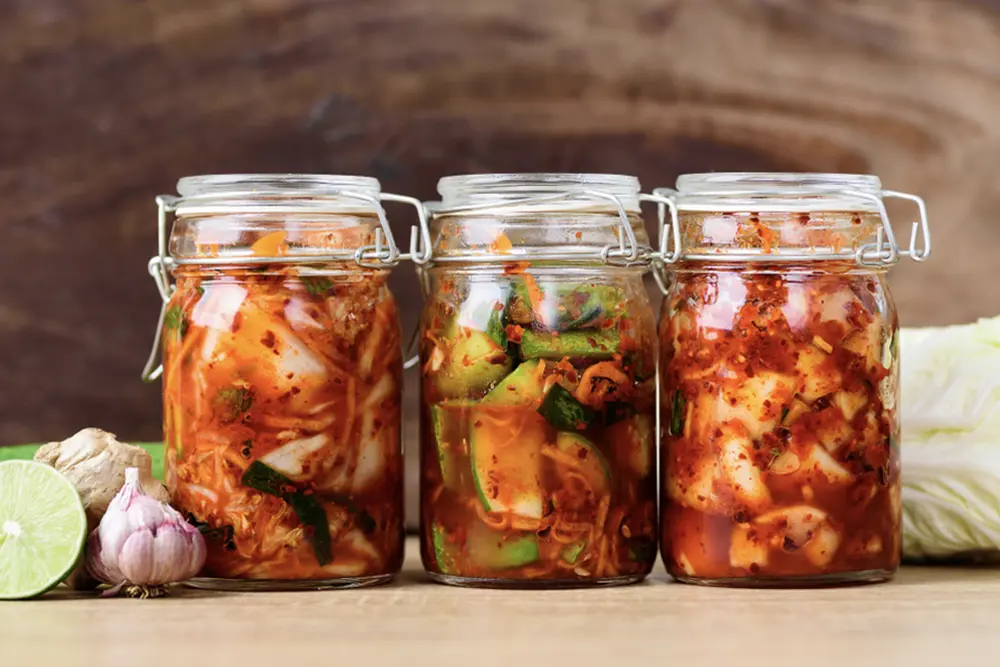
Fermented vegetables, dairy, and other fermented products provide probiotics and aid digestion.
Fats
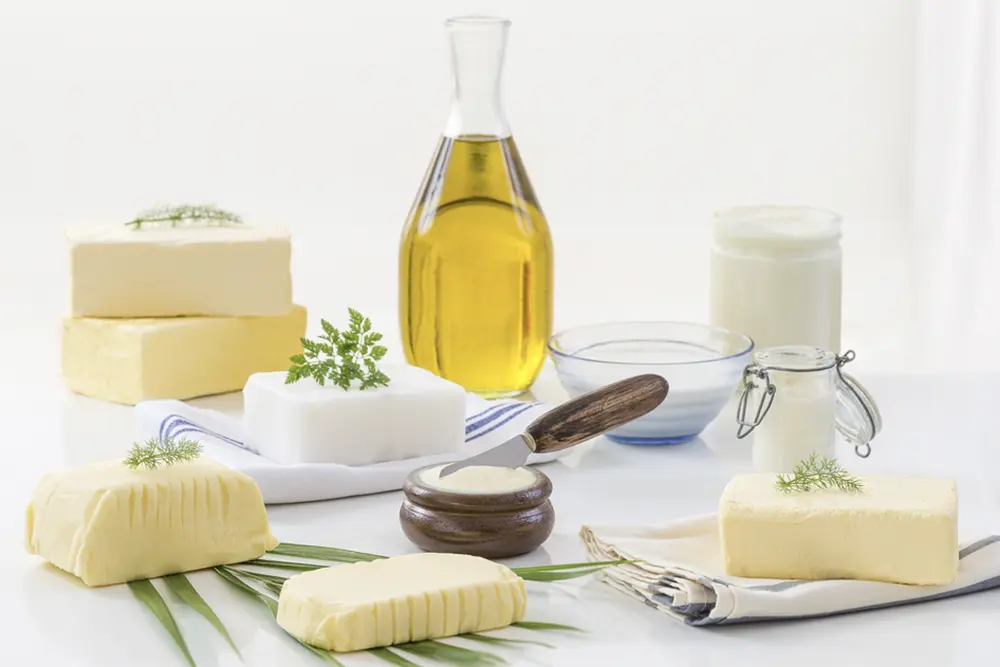
Such as butter, lard, olive oil, and coconut oil (i.e. no processed vegetable or seed oils.)
A balanced diet based on a traditional diet ensures adequate levels of:
Calcium, Vitamin A, E D, and K, as well as Vitamin B12, vitamin C, magnesium, and zinc.
Whilst calcium is indeed important for the development of healthy teeth and bones, without adequate levels of vitamin D, K2, and magnesium, calcium cannot be absorbed properly by the body.
If we want to ensure healthy teeth and bones for life, A balanced diet with an emphasis on these key nutrients, not only ensures teeth are well formed but also ensures they are stronger and more resistant to bacterial attack. These key nutrients allow for healthy gums and soft tissues as well as optimal healing.
When it comes to taking supplements, one needs to be careful in their selection of their vitamins and the quality of the product as many highly processed vitamins may not be absorbed so well by the body. Furthermore, if not taken correctly, they could cause further problems.
For example, taking calcium supplements without having adequate Vitamin D levels could result in the calcium not being absorbed by the teeth and bones and instead getting deposited as calcifications around the body.
Taking Vitamin D without enough K2 or magnesium or having it on an empty stomach (vitamin D is a fat-soluble vitamin, thus needs fat to be absorbed) can affect the absorption making the supplement little to no use.
Where supplements may be a nice adjunct to good oral and general health, nothing replaces a balanced diet. It is through eating these nutrient-rich foods, which include, minimally processed whole foods, fermented foods, fat-soluble vitamins (Vitamin A, E D, and K), and minerals in the diet can people truly support their oral health and prevent dental problems.
In conclusion, nourishing our bodies with a balanced diet not only benefits our overall well-being but also plays a crucial role in maintaining a healthy smile. By embracing a diet rich in nutrients, practicing good oral hygiene habits, and staying mindful of our choices we can indeed eat our way to better oral health! As the saying goes “You are what you eat!”



